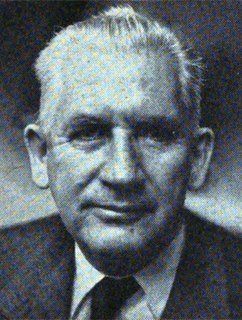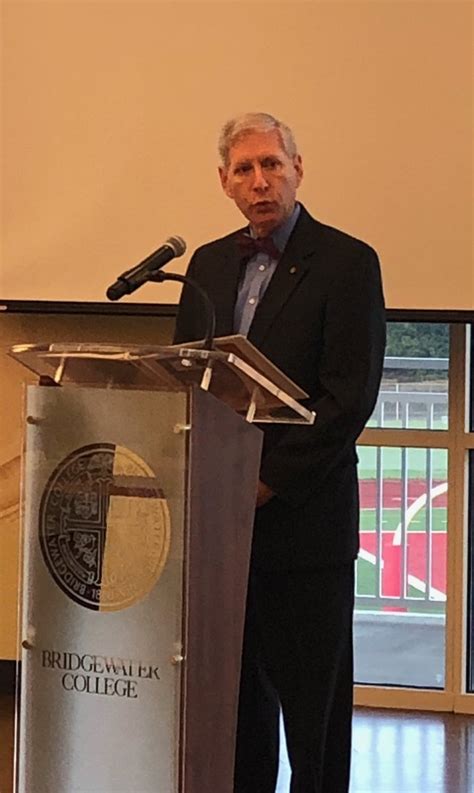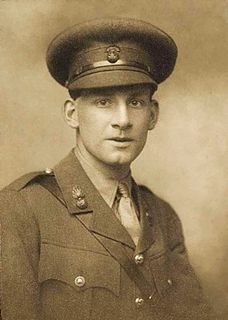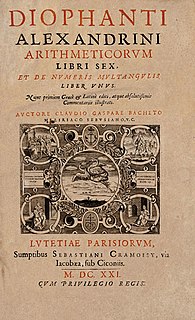A Quote by John Locke
It is reported of that prodigy of parts, Monsieur Pascal, that till the decay of his health had impaired his memory, he forgot nothing of what he had done, read, or thought, in any part of his rational age. This is a privilege so little known to most men, that it seems almost incredible to those who, after the ordinary way, measure all others by themselves; but yet, when considered, may help us to enlarge our thoughts towards greater perfections of it, in superior ranks of spirits.
Quote Topics
After
Age
Almost
Any
Considered
Decay
Done
Forgot
Greater
Had
Health
Help
His
Incredible
Known
Little
May
Measure
Memory
Men
Most
Nothing
Ordinary
Others
Our
Our Thoughts
Part
Parts
Pascal
Privilege
Ranks
Rational
Read
Reported
Seems
Spirits
Superior
Themselves
Those
Thought
Thoughts
Till
Towards
Us
Way
Related Quotes
His face set in grim determination, Richard slogged ahead, his fingers reaching up to touch the tooth under his shirt. Loneliness, deeper than he had never known, sagged his shoulders. All his friends were lost to him. He knew now that his life was not his own. It belonged to his duty, to his task. He was the Seeker. Nothing more. Nothing less. Not his own man, but a pawn to be used by others. A tool, same as his sword, to help others, that they might have the life he had only glimpsed for a twinkling. He was no different from the dark things in the boundary. A bringer of death.
Was his life nothing? Had he nothing to show, no work? He did not count his work, anyone could have done it. What had he known, but the long, marital embrace with his wife. Curious, that this was what his life amounted to! At any rate, it was something, it was eternal. He would say so to anybody, and be proud of it. He lay with his wife in his arms, and she was still his fulfillment, just the same as ever. And that was the be-all and the end-all. Yes, and he was proud of it.
I had utterly abandoned myself to Him. Could any choice be as wonderful as His will? Could any place be safer than the center of His will? Did not He assure me by His very presence that His thoughts toward us are good, and not evil? Death to my own plans and desires was almost deliriously delightful. Everything was laid at His nail-scarred feet, life or death, health or illness, appreciation by others or misunderstanding, success or failure as measured by human standards. Only He himself mattered.
It is one of those problems of human nature, which may be noted down, but not solved; - although Ralph felt no remorse at that moment for his conduct towards the innocent, true-hearted girl; although his libertine clients had done precisely what he had expected, precisely what he most wished, and precisely what would tend most to his advantage, still he hated them for doing it, from the very bottom of his soul.
How can we feel our need of His help, or our dependence on Him, or our debt to Him, or the nature of His gift to us, unless we know ourselves.... This is why many in this age (and in every age) become infidels, heretics, schismatics, disloyal despisers of the Church.... They have never had experience of His power and love, because they have never known their own weakness and need.
When I came on board, it was halfway through his [Frank Sinatra] 72nd year, and when he did his last show he was gaining on 80. He knew it, the audience knew it, and there was never any attempt to conceal such a thing. His vision wasn't what it had once been. His hearing wasn't. His memory was fading. He knew these things. He was very much in need of help, and I was so happy to be able, in a small way, to render that help.
I spent a part of ...1923 with...Dr. W.W. Keen...In the ..Civil War....he was a surgeon...and had seen many men die from suppuration of wounds after he had operated. ...He would hold the sutures in his teeth and sharpen his knife on the sole of his boot, after he had raised up his boot from the muddy ground. That was the accepted practice at the time.
John Lennon was just one of us, another human just trying to get through the day, and help make tomorrow a little better. And he was willing to put his thoughts and feelings about all that into his music, and when he had the chance to speak in interviews. He was only around for a short time, but he learned so much and was willing to give his heart and mind to all of us. What he had to say still resonates with me, with all of his fans.
For it is humanly certain that most of us remember very little of what we have read. To open almost any book a second time is to be reminded that we had forgotten well-nigh everything that the writer told us. Parting from the narrator and his narrative, we retain only a fading impression; and he, as it were, takes the book away from us and tucks it under his arm.
Be assured that every man's success is in proportion to his average ability. The meadow flowers spring and bloom where the watersannually deposit their slime, not where they reach in some freshet only. A man is not his hope, nor his despair, nor yet his past deed. We know not yet what we have done, still less what we are doing. Wait till evening, and other parts of our day's work will shine than we had thought at noon, and we shall discover the real purport of our toil. As when the farmer has reached the end of the furrow and looks back, he can tell best where the pressed earth shines most.
His epitaph: This tomb hold Diophantus, Ah, what a marvel! And the tomb tells scientifically the measure of his life. God vouchsafed that he should be a boy for the sixth part of his life; when a twelfth was added, his cheeks acquired a beard; He kindled for him the light of marriage after a seventh, and in the fifth year after his marriage He granted him a son. Alas! late-begotten and miserable child, when he had reached the measure of half his father's life, the chill grave took him. After consoling his grief by this science of numbers for four years, he reached the end of his life.
The lust that drives others to enslave an empire, had become, in her limits, a passion for power over him. She had set out to break him, as if, unable to equal his value, she could surpass it by destroying it, as if the measure of his greatness would thus become the measure of hers, as if the vandal who smashed a statue were greater than the artist who had made it, as if the murderer who killed a child were greater than the mother who had given it birth.
His head was swimming, and he was far from certain even of the direction they had been going in when he had his fall. He guessed as well as he could, and crawled along for a good way, till suddenly his hand met what felt like a tiny ring of cold metal lying on the floor of the tunnel. It was a turning point in his career, but he did not know it. He put the ring in his pocket almost without thinking; certainly it did not seem of any particular use at the moment.








































